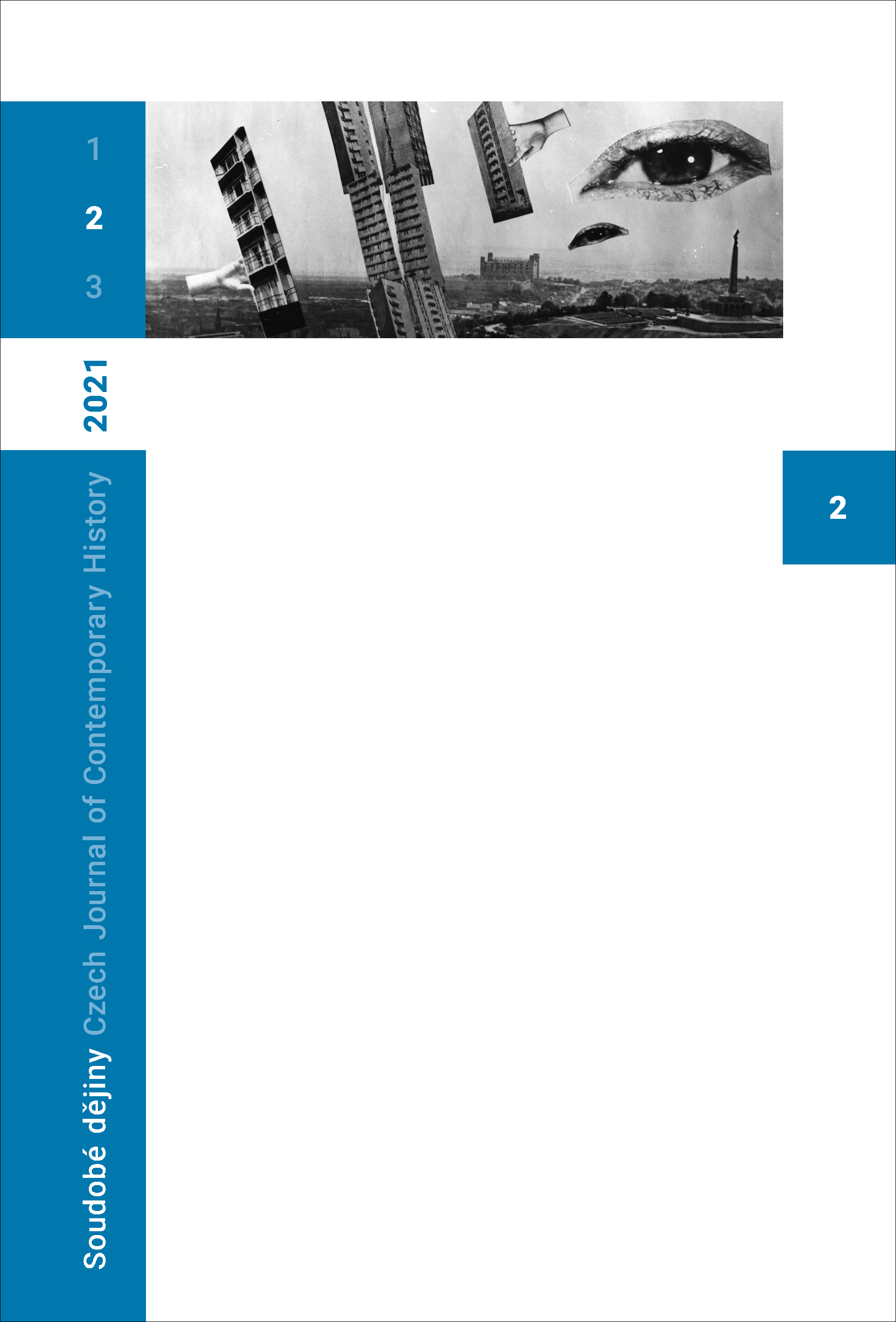Konceptuální labyrinty
Conceptual Labyrinths
For as Many Concepts of Totalitarianism as You Know, so Many Times Are You a Revisionist?
Author(s): Radek Buben, Martin ŠtefekSubject(s): Comparative history, History of ideas, Recent History (1900 till today), History and theory of political science, History of Communism, Historical revisionism, Fascism, Nazism and WW II
Published by: AV ČR - Akademie věd České republiky - Ústav pro soudobé dějiny
Keywords: totalitarianism;theories of totalitarianism;totalitarian paradigm;historical revisionism;"new revisionists";political regimes;communism;Nazism;fascism
Summary/Abstract: The article offers an insight into the intellectual history of theories of totalitarianism and in an innovative way approaches the conflict between the proponents of different concepts of totalitarianism and the so-called revisionists. It seeks to provide a brief overview of the very complicated and, on both sides, very diverse debates and disputes. The authors deal with intellectual, societal and political sources of the theories of totalitarianism and offer their periodization in two waves and in important national contexts (Germany, Italy, France, and the United States). They also point out that more often than not the term “totalitarianism” is the only aspect that links the completely different traditions. The authors identify this striking incoherence in the different academic and non-academic genres, in the unclear relation between the theory and the empirical referents (that is, different political regimes, systems, movements, etc.), or in methodological statuses and approaches to conceptualization of totalitarianism (the relation between the term, the academic concept/empirical type/ideal type and the theory). They explain the rises and falls of the popularity of the concepts of totalitarianism, with special emphasis on some debates that have recently appeared in the Central European academic milieu. As the authors of this text claim, the renewed interest in totalitarianism is owed in part to the “new revisionism” whose representatives oppose the vaguely defined (or undefined) totalitarianism theories. The authors consider this dispute, apparent mainly in the recent debates on the communist past, a misunderstanding and point out two fundamental problems. Firstly, the argument is often led with the vaguely defined concept of totalitarianism which is often confused with the “perspective from above”. Secondly, the new revisionists often refute the theories of totalitarianism using, paradoxically, arguments that rather confirm than dispute these theories. The article shows that the gap between the different theorists of totalitarianism was actually much wider than the gap which is opening between the “new revisionists” and the “totalitarians”.
Journal: Soudobé Dějiny
- Issue Year: XXVIII/2021
- Issue No: 2
- Page Range: 353-389
- Page Count: 37
- Language: Czech

